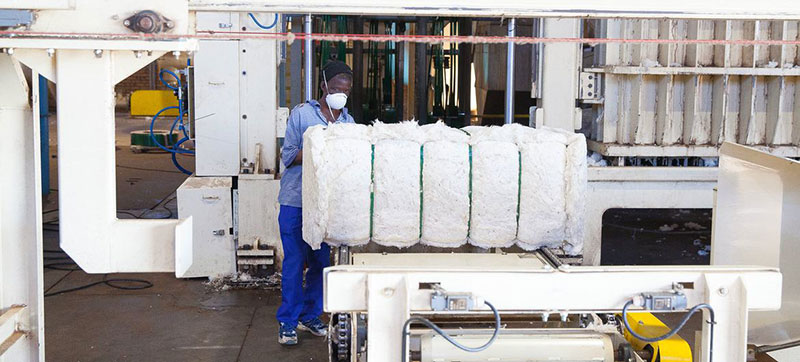 World Bank
World Bank
COVID-19 variants, rising debt, threaten global economic growth: World Bank
New York: Global growth will slow down over the next two years in the face of “fresh threats” from COVID-19 variants and rising inflation, debt and income inequality, the World Bank said on Tuesday in its latest report.
While economic growth experienced a strong rebound in 2021, it is expected to decline markedly from 5.5 per cent last year to 4.1 per cent in 2022, and drop to 3.2 per cent in 2023.
Disruption and deceleration
Given the rapid spread of the Omicron variant, the COVID-19 pandemic will continue to disrupt economic activity in the near term, according to the Global Economic Prospects report.
Furthermore, notable deceleration in major economies, including the United States and China, will have an impact on external demand in their emerging and developing counterparts.
“The world economy is simultaneously facing COVID-19, inflation, and policy uncertainty, with government spending and monetary policies in uncharted territory. Rising inequality and security challenges are particularly harmful for developing countries,” said David Malpass, President of the World Bank Group.
“Putting more countries on a favorable growth path requires concerted international action and a comprehensive set of national policy responses.”
The slowdown will coincide with a widening divergence in growth rates between advanced and emerging or developing economies.
Setback in fragile economies
By 2023, all advanced economies will have achieved a full output recovery, the report said, but output in emerging and developing economies will remain four per cent below its pre-pandemic trend.
The setback is even larger in fragile and conflict-affected economies, whose output will be 7.5 per cent below the pre-pandemic trend. For small island states, it will be 8.5 per cent below.
Meanwhile, rising inflation is constraining monetary policy, with low-income workers particularly hit hard. Inflation is running at the highest rates since 2008, both globally and in advanced economies, and has reached its highest rate in a decade in emerging market and developing economies.
Prioritize vaccine equity
The report contains analytical sections that outline three emerging obstacles to durable recovery in developing economies. It also includes regional outlooks for growth over the next two years.
Mari Pangestu, the World Bank’s Managing Director for Development Policy and Partnerships, stressed the importance of multilateral collaboration as the choices policymakers make in the coming years will decide the course of the next decade.
“The immediate priority should be to ensure that vaccines are deployed more widely and equitably so the pandemic can be brought under control. But tackling reversals in development progress such as rising inequality will require sustained support,” she said.
“In a time of high debt, global cooperation will be essential to help expand the financial resources of developing economies so they can achieve green, resilient, and inclusive development.”
Support Our Journalism
We cannot do without you.. your contribution supports unbiased journalism
IBNS is not driven by any ism- not wokeism, not racism, not skewed secularism, not hyper right-wing or left liberal ideals, nor by any hardline religious beliefs or hyper nationalism. We want to serve you good old objective news, as they are. We do not judge or preach. We let people decide for themselves. We only try to present factual and well-sourced news.







